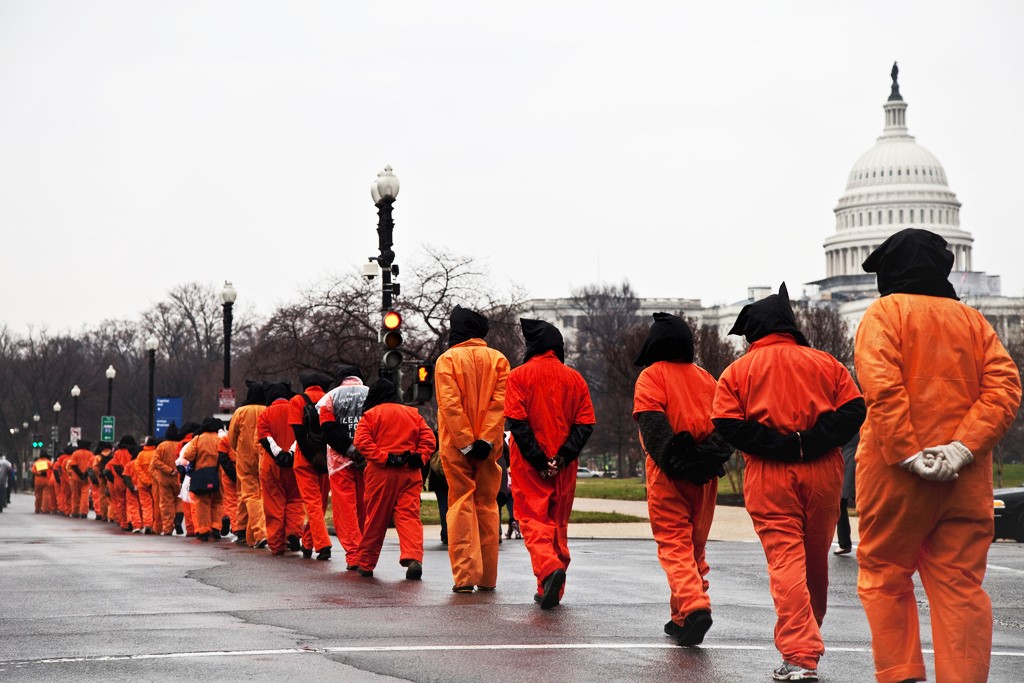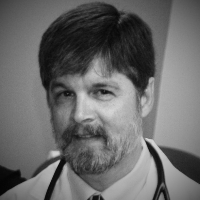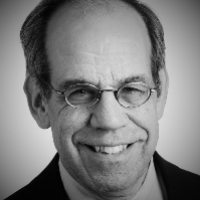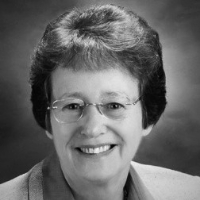Medical ethics are established to preserve the integrity and trustworthiness of the profession. Since the attacks of September 11, 2001, physicians serving under the direction of United States defense and intelligence agencies have at times been directed to act in ways that explicitly violate those established ethics. These breaches come at a cost, with profound consequences for the legitimacy of the medical profession itself. Considering this risk, is it ever acceptable for national security interests to trump ethical obligations?
The Institute on Medicine as a Profession and the Open Society Foundations examined the record of medical professional involvement in detainee abuse in the war on terror. It was one of the most comprehensive and complete reviews of ethical violations by physicians in the US interrogation program. Among the key findings:
1) There is clear evidence of the “systemic use of torture and cruel, inhuman, or degrading treatment against terrorist suspects detained by U.S. authorities outside the United States”
2) Both uniformed and civilian “physicians and psychologists participated in these abuses.”
These acts were not the product of rogue individuals or outliers. On the contrary, the review found that the Department of Defense and the CIA “required physicians, psychologists, and other health professionals to act contrary to their professional obligations” (emphasis added). Amongst other acts, and in direct violation of U.S. and international medical ethical standards, they were directed to approve methods of torture, suggest harsh methods of interrogation in individual cases, set extreme conditions of confinement and forcibly feed hunger strikers.1

Codes of ethical conduct are essential to the legitimacy of a profession, and the medical profession in particular. The profession establishes and defines these codes domestically in the US through professional organizations such as the American Medical Association (AMA), the American College of Physicians and, globally, through the World Medical Association (WMA). But, as a growing body of evidence reveals, US military and intelligence agencies have ignored or attempted to redefine medical ethics for physicians engaged in the agencies’ detention activities in the aftermath of the September 11th attacks1,2. The evidence shows that the Department of Defense (DoD) and Central Intelligence Agency (CIA) directed physicians and, in the case of the DoD, which still operates detention facilities, continues to direct physicians to violate their professional codes of conduct including central obligations of beneficence, non-maleficence and respect for patient autonomy. While these infringements may only involve a small number of military and government-employed physicians, the profound consequences for detainees, the profession and society deserve the attention and consideration of all physicians and the public at large.
Ethical violations in the US Interrogation Program
The Senate Select Committee on Intelligence published a report on post 9/11 CIA detention programs that included new evidence of the use of rectal feeding and hydration without any documentation of medical necessity, and with the apparent intent of inflicting pain in the context of interrogation. The Senate report describes the use of rectal hydration in interrogation of Khalid Sheikh Mohammed (referred to in the report as KSM) and others, and notes that the CIA’s Office of Medical Services described the process as “helping to ‘clear a person's head’ and effective in getting KSM to talk." At the order of interrogators “CIA medical officers discussed rectal rehydration as a means of behavior control” and carried it out at the order of interrogators in clear violation of established medical ethics.
Remarkably, the government has never publicly attempted to justify these departures from ethical standards. Instead they claimed, with regard to military triage and informed consent, that national security considerations trumped ethical obligations. Effectively, the government created its own standards of conduct that are contrary to established codes - without revealing that they departed from those codes, and without consulting with nor securing consent of the medical professional organizations.
Although the DoD and CIA approaches to ethics differed somewhat, there were at least three critical elements that apply to one or both of them. First, the DoD instructed physicians not to adhere to the ethic of beneficence and non-maleficence so long as they were assigned to tasks other than patient care, particularly interrogation– even though they were still being asked to employ their medical expertise. Second, in determining professional obligations, both the CIA and DoD reframed the duty of non-maleficence – doing no harm – as a duty only to obey the law, such that participating in harm short of torture or cruel, inhuman or degrading treatment became permissible. Third, DoD physicians were told they could violate patient autonomy and traditional clinical roles in order to facilitate aggressive force-feeding of hunger strikers1.
Is there a military exception?
In the past, it was often thought that military medical ethics differed from civilian ethics, such as in triage rules that prioritized care for the least wounded soldiers in the interest of preserving force strength and readiness. Some medical ethicists make the case that there are still narrow circumstances where military necessity may require actions by military physicians that violate conventional medical ethics. For example, in the first Persian Gulf War, soldiers’ informed consent was not required before administering experimental agents to protect them from suspected Iraqi chemical and biologic agents. Ethicists argued that the military necessity of protecting the fighting force as a fighting unit outweighed individual soldier’s right to informed consent.13
It is significant that the U.S, military never has made a claim of military necessity with respect to detention practices at Guantanamo. Instead, it attempted to claim that force feeding in the case of hunger strikes was justified because it was compatible with the physician’s duty to preserve life. While this argument is indeed compelling, the duty to preserve life was very much considered by the profession in establishing the ethical guidelines on hunger strikes. The AMA and WMA were keenly aware of the force feeding of hunger strikers at the Guantanamo detention facility when they reaffirmed that physicians must never force feed a competent hunger striker who refuses intervention even if such intervention is made to preserve life6,7.
In Defense of Autonomy and Integrity
The longstanding and entrenched distrust arising from unethical and unprecedented force-feeding protocols at the Guantanamo Bay detention center have damaged the ability of good physicians to secure the necessary trust of their patients, and the result has been what a U.S. Court of Appeals described as a “painful and invasive process that raises serious ethical concerns.”9. Military physicians who are directed to violate medical ethics are likely to be deemed less trustworthy by their patients and their ability to care for them is impaired. And the cost to patients who have suffered under these programs (including many who were released without ever being charged with any crime) must never be forgotten10.
Recently, the medical ethics subcommittee of the Defense Health Board, a federal advisory committee that advises the DoD on health policy and practice, made recommendations to the department. These included the development of an ethics code, ethics training (including pre-deployment), support and consultation during deployment, and establishing liaison with civilian groups on ethical issues. The recommendations are a step in the right direction, despite the fact that they stopped short of specifically addressing current policies relating to interrogation and hunger strikes that violate those policies.11 Further, they noted that conflicts between medical ethics and security objectives can be difficult for health professionals to negotiate. However, the profession has not been as helpful as it could be in providing practical guidelines for physicians confronted by competing loyalties to the government, or a service or even the law.
Organized medicine must continue to develop clear guidance for physicians in conflicted settings. In the meantime, at a minimum, the profession should at least be committed to publically voicing support for physicians who would assert the values of the profession against competing interests, as happened in the case of a nurse assigned to Guantanamo who refused to comply with forced feeding of a hunger striker.
In times of trouble, conflicts between the medical profession and the government are to be expected. In the end, the profession, through both academic and organized medicine, must move with clarity and purpose to reassert the integrity and autonomy of the profession against infringements by government. The ethical code is the prerogative and responsibility of the profession itself. If we fail, the standing of medicine as a profession is diminished, and professional ethics become another casualty of war.











